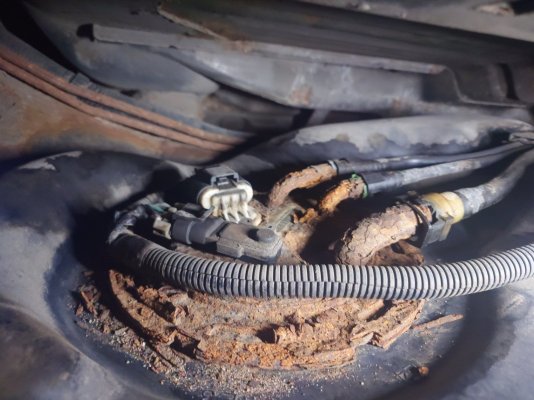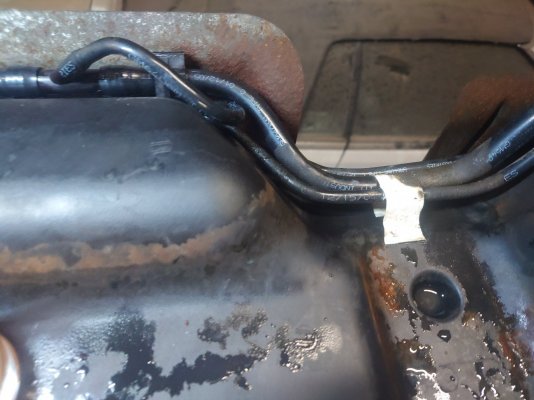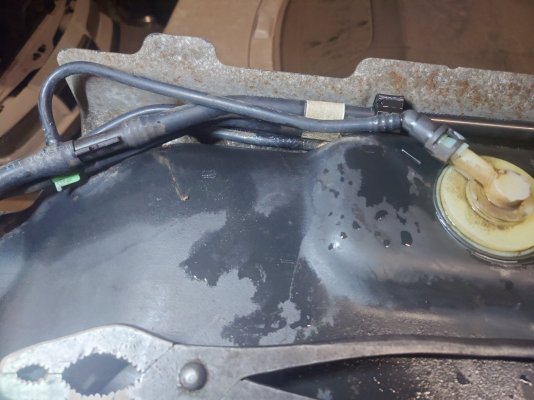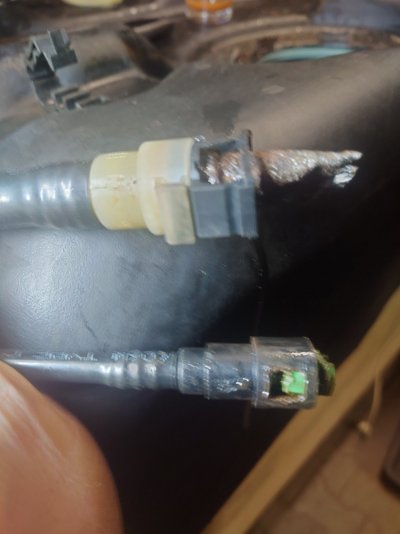might want to check all fuses and inspect any related sensors/relays i.e.I had checked concerning the fuse box. Looks all normal without moisture or green crust...
I think you can rule the pcm it's self out now though since you got the same results with a known good one.
maybe try unplugging the noted sensors below and see if it will crank, that's easy enough to do just have buy a box fuses lol
but one of the associated sensors could be visibly bad, maybe. a meter will probably be necessary to say for sure
A blown PCM B fuse on a GM 1500 truck (or similar vehicle) usually indicates a short circuit or excessive current draw in a circuit powered by that fuse. The PCM B fuse typically protects circuits related to the Powertrain Control Module (PCM), but the exact circuits can vary slightly by model year and specific vehicle. It's crucial to consult a wiring diagram specific to your truck's year and model for accurate information.
Here's a breakdown of common causes:
1. Short Circuit in Wiring:
- Damaged Wiring Harness: This is the most frequent culprit. Rubbing against engine components, sharp edges, or general wear and tear can damage the insulation of wires, causing them to short to ground. Look carefully around areas where the harness bends or is close to hot or moving parts.
- Loose Connections: A loose connection can sometimes cause a short or intermittent contact, leading to a blown fuse. Check connectors related to the PCM and any sensors or components powered by the PCM B fuse.
- Rodent Damage:Mice or other rodents can chew on wiring harnesses, creating shorts.
- PCM Itself: A failing PCM can sometimes draw excessive current, blowing the fuse. This is less common than wiring issues but is still possible.
- Sensors: A shorted sensor (e.g., oxygen sensor, mass airflow sensor, etc.) can also cause the fuse to blow.
- Actuators: A shorted actuator (e.g., idle air control valve, fuel injectors, etc.) can also be the problem.
- Relays: While less common, a shorted relay coil can also cause this issue.
- Overloading the Circuit: Although less likely, if something has been added to the circuit that draws too much current (e.g., aftermarket accessories incorrectly wired), it could overload the fuse.
- Water Intrusion: Water or moisture in connectors or wiring harnesses can cause shorts or corrosion, leading to blown fuses




